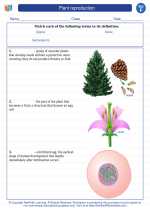Pathology: Explained and Studied
Pathology is the study of the causes and effects of diseases or injuries. It involves examining tissues, organs, bodily fluids, and autopsies to understand the nature and progression of illnesses and the changes they cause in the body.
Branches of Pathology
- Anatomic Pathology: Focuses on the diagnosis of disease based on the macroscopic, microscopic, biochemical, immunologic, and molecular examination of organs and tissues.
- Clinical Pathology: Involves the analysis of bodily fluids, such as blood and urine, as well as tissues for the diagnosis and monitoring of disease.
- Forensic Pathology: Deals with determining the cause of death by examining a corpse.
Importance of Pathology
Pathology plays a crucial role in the diagnosis, treatment, and prevention of diseases. It helps medical professionals understand the underlying mechanisms of diseases, identify the most effective treatments, and predict the outcomes of various interventions.
Study Guide for Pathology
To excel in the study of pathology, it's important to focus on the following key areas:
- Understanding Disease Processes: Gain knowledge of the cellular and molecular changes that occur in various diseases, and how these changes manifest in different organs and tissues.
- Diagnostic Techniques: Learn about the methods used to diagnose diseases, including the interpretation of laboratory tests, imaging studies, and biopsies.
- Pathological Conditions: Familiarize yourself with specific diseases, their etiology, clinical manifestations, and diagnostic criteria.
- Research and Technology: Stay updated on the latest advancements in pathology, including molecular diagnostics, personalized medicine, and digital pathology.
- Case Studies: Engage in the analysis of real-life cases to understand how pathology contributes to patient care and treatment decisions.
By mastering these areas, students can develop a comprehensive understanding of pathology and its significance in the field of medicine.
Pathology is a fascinating and critical aspect of medical science, and a thorough understanding of this discipline is essential for healthcare professionals to provide accurate diagnoses and effective treatments.
.◂Science Worksheets and Study Guides Sixth Grade. Plant reproduction
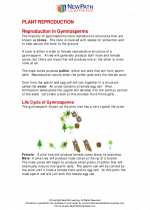
 Activity Lesson
Activity Lesson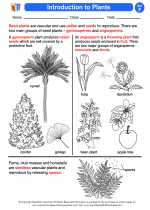
 Worksheet/Answer key
Worksheet/Answer key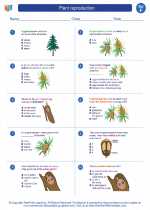
 Worksheet/Answer key
Worksheet/Answer key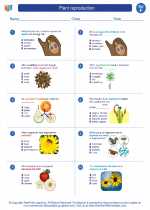
 Worksheet/Answer key
Worksheet/Answer key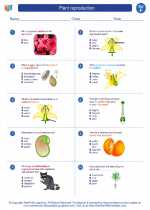
 Vocabulary/Answer key
Vocabulary/Answer key